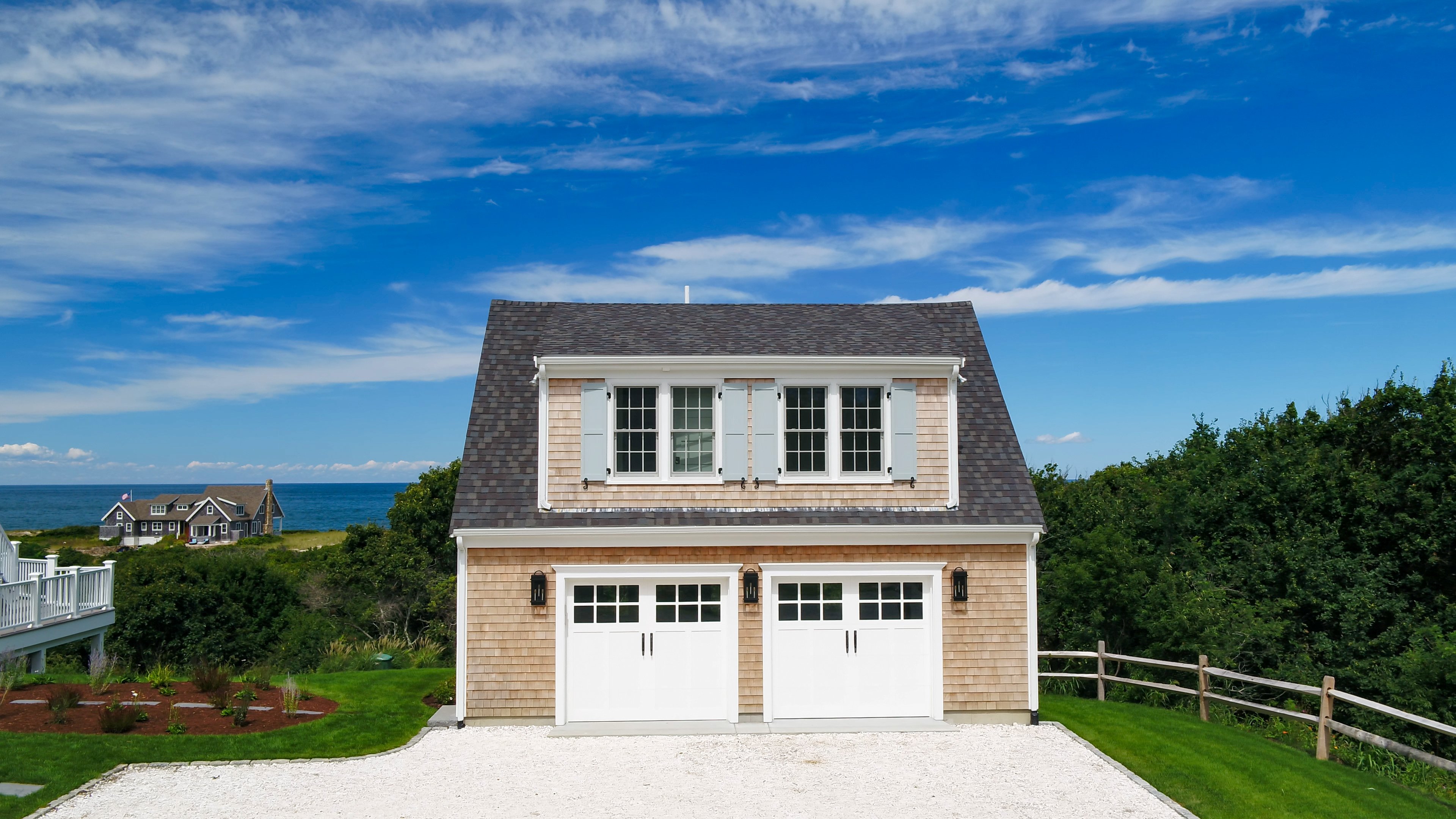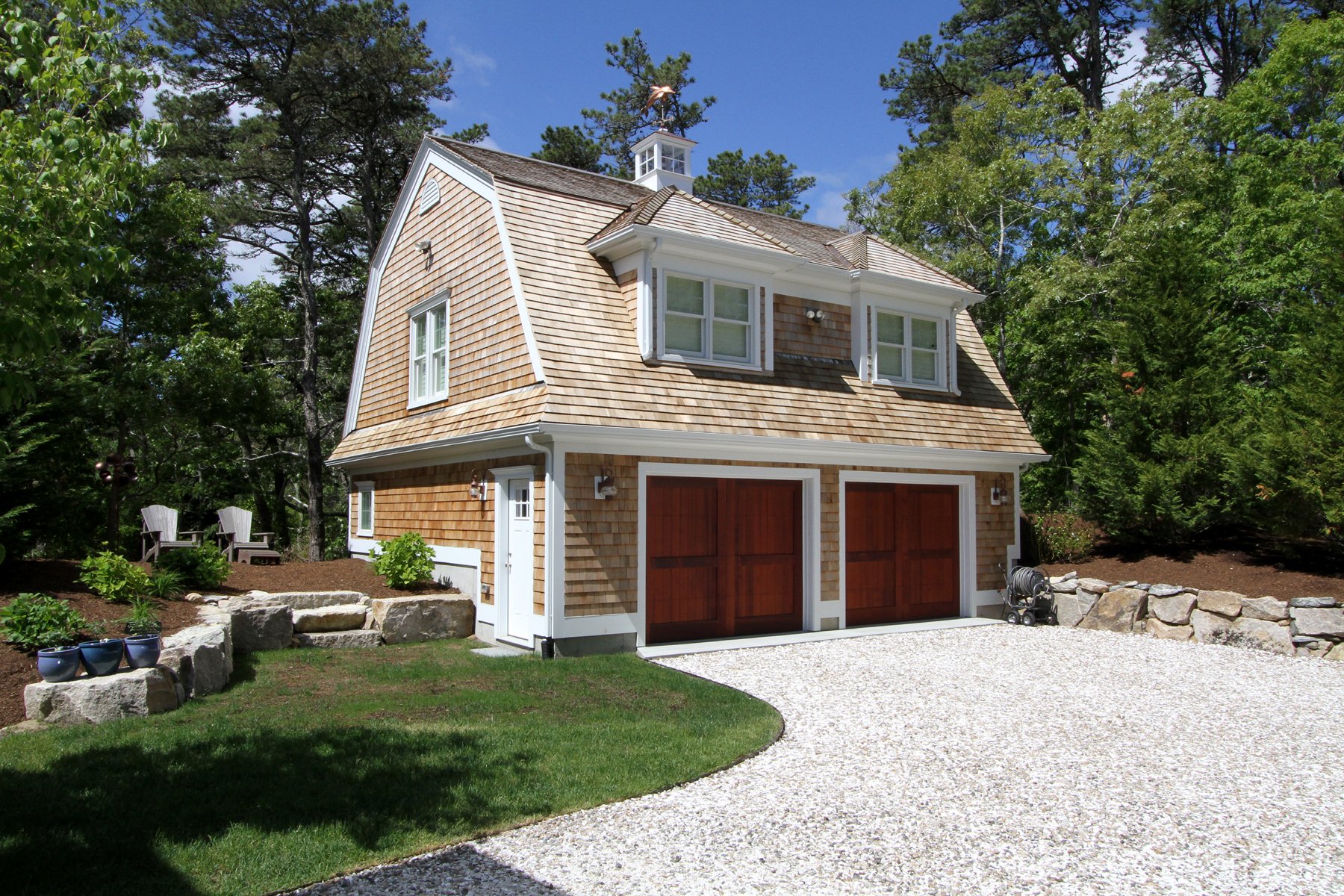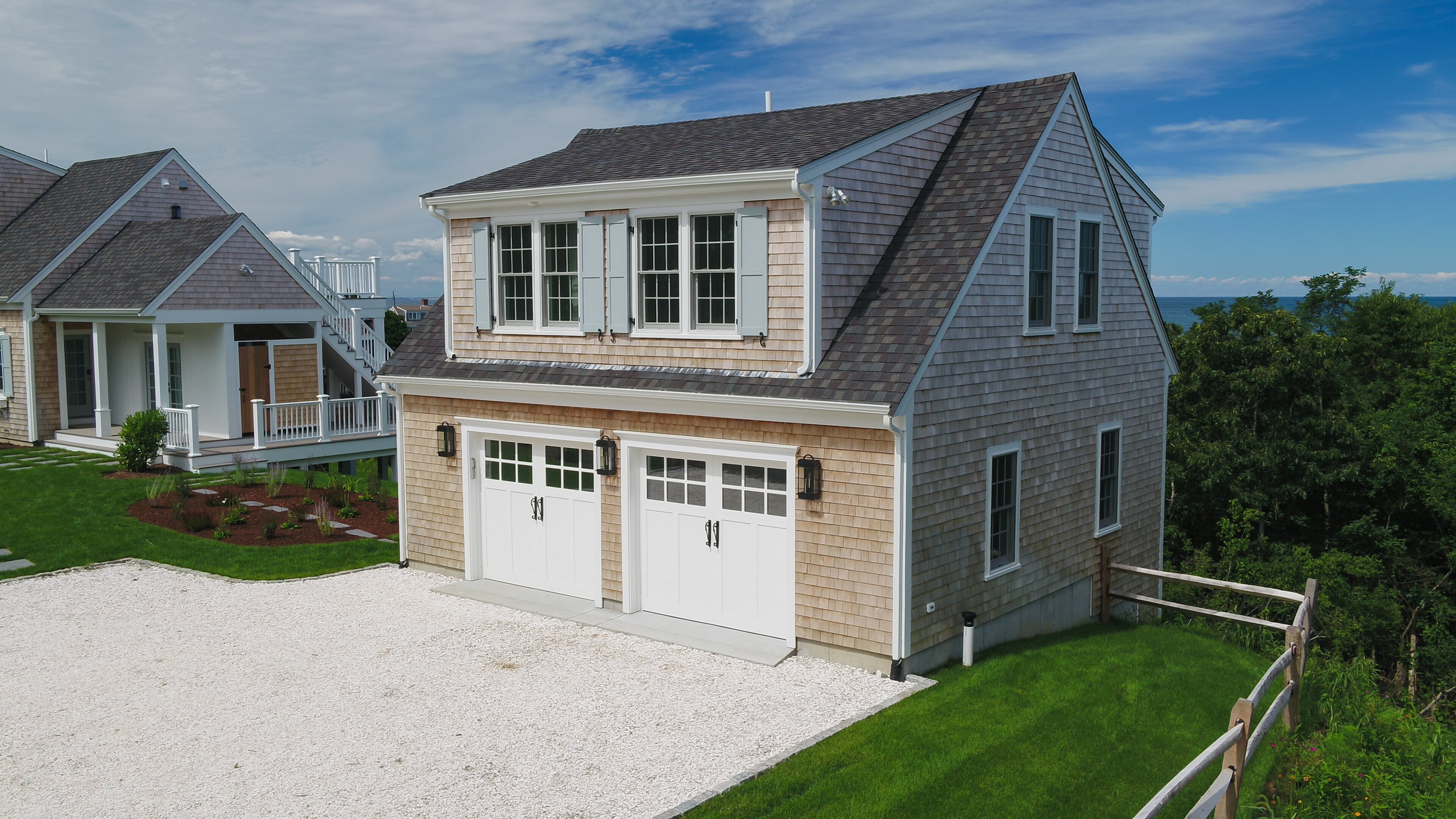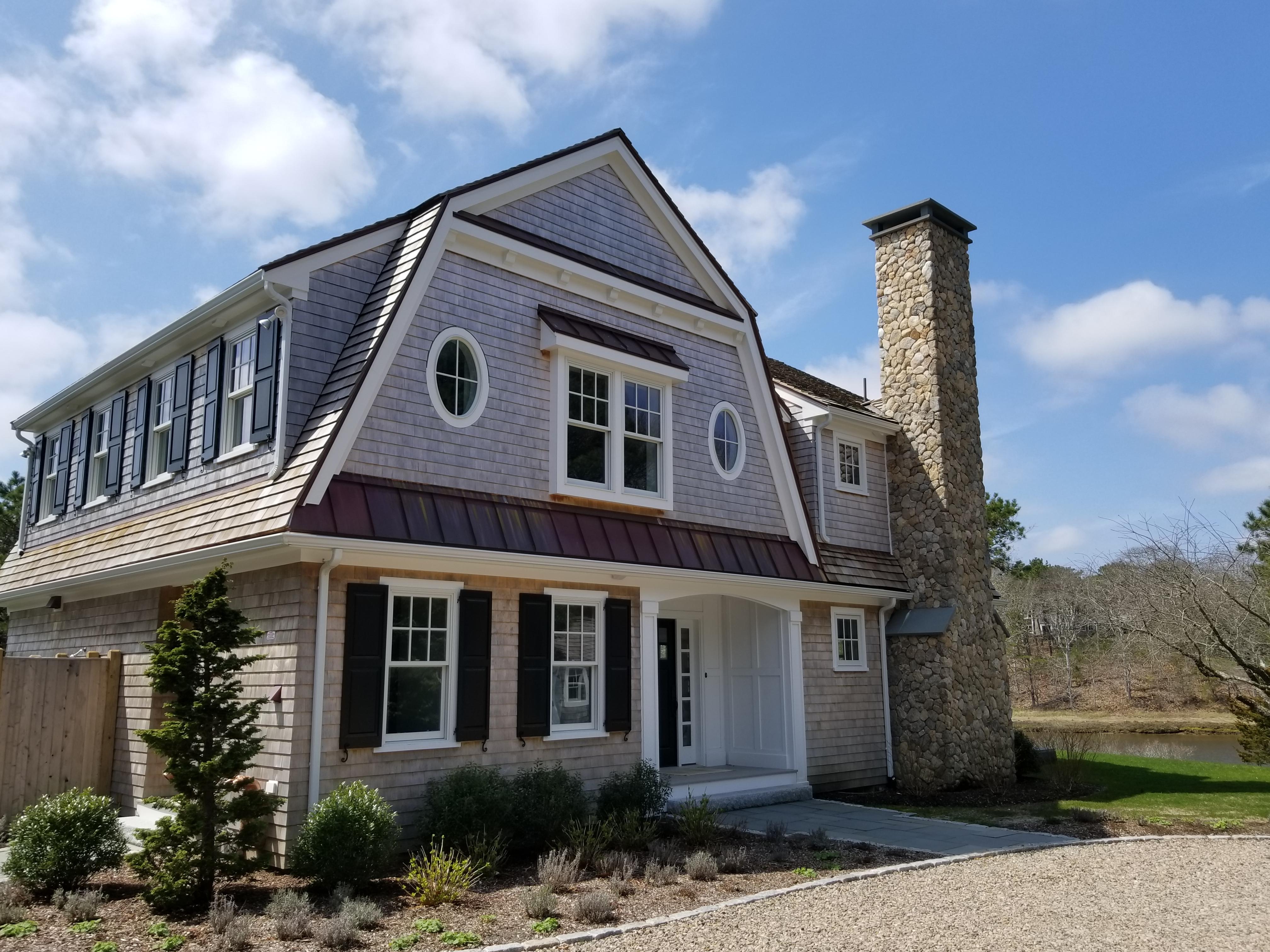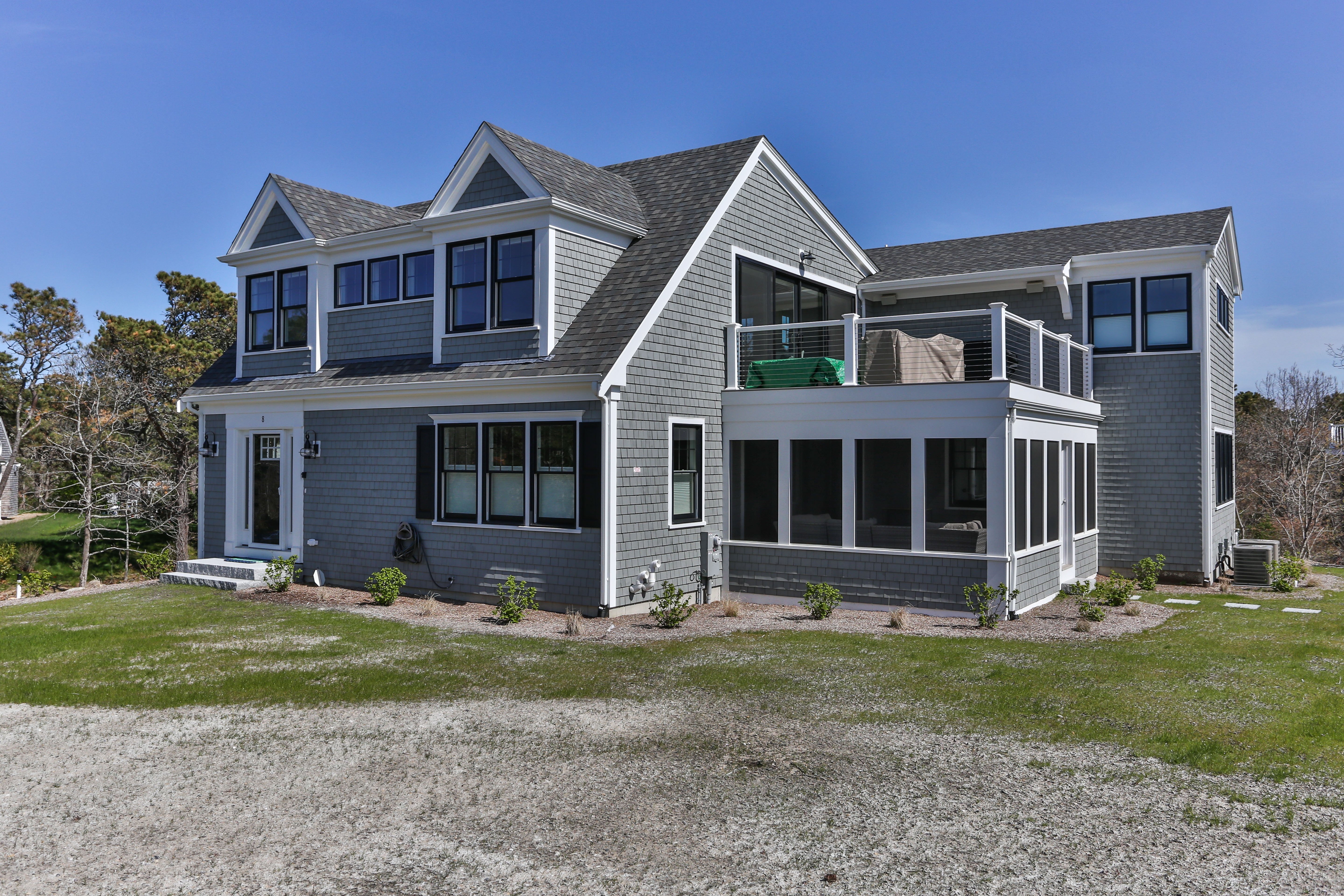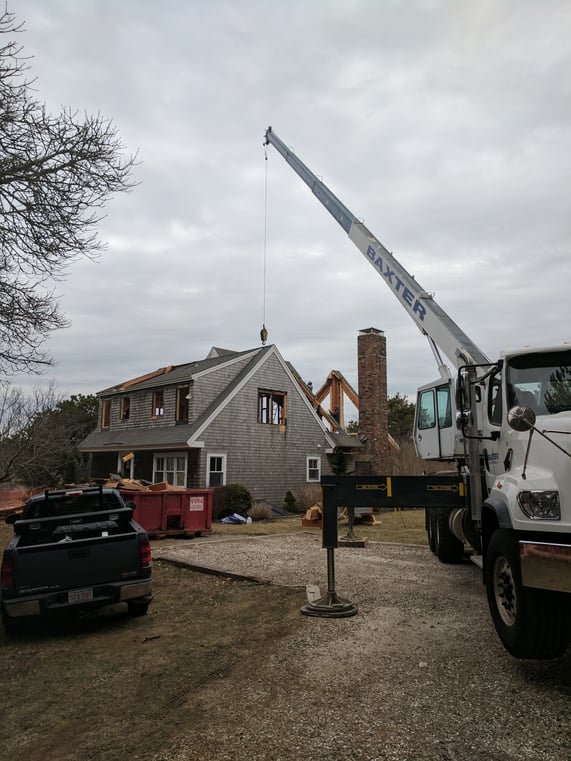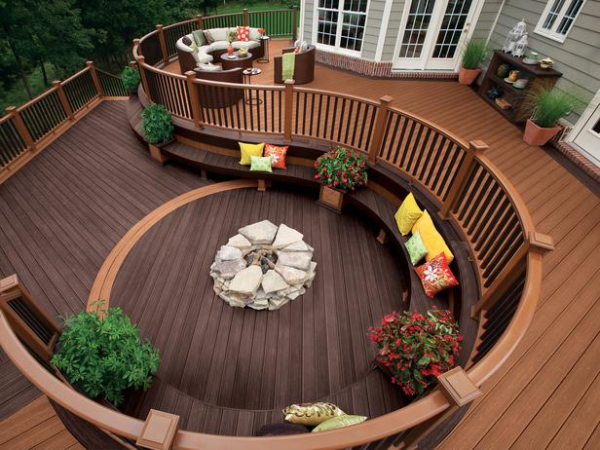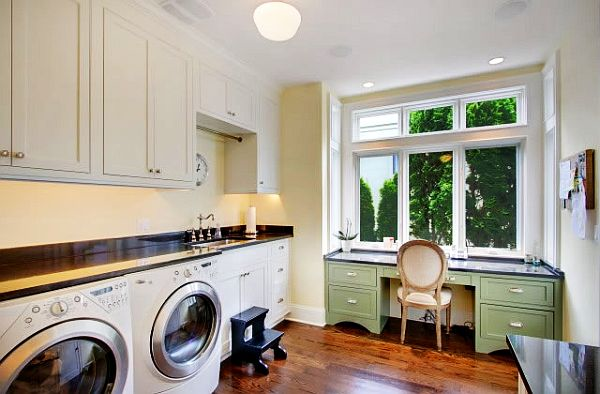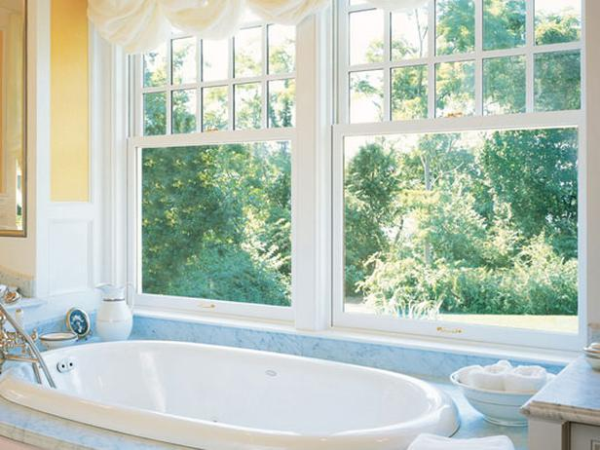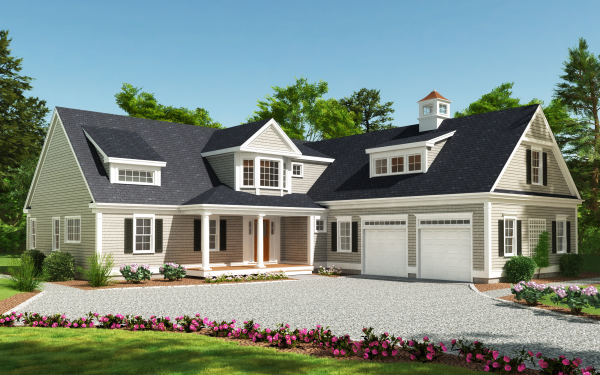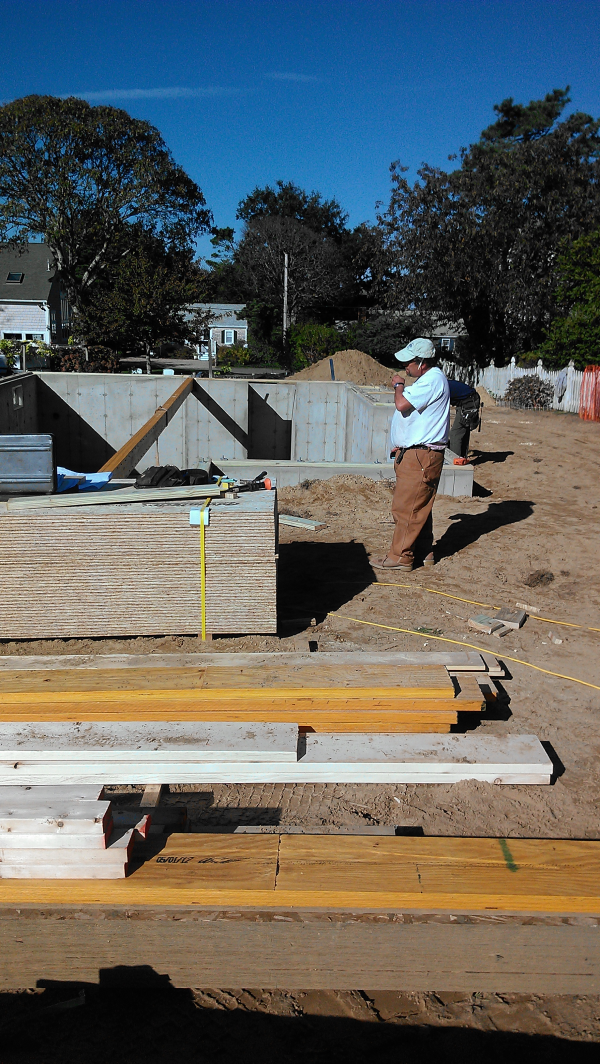Discover the factors influencing the Federal Reserve's decision to reduce interest rates and when it is likely to happen.
The role of the Federal Reserve in managing interest rates
The Federal Reserve, often referred to as the Fed, plays a crucial role in managing interest rates in the United States. As the country's central banking system, the Fed has the authority to set the federal funds rate, which is the interest rate banks charge each other for overnight loans. By adjusting this rate, the Fed indirectly influences other interest rates, such as mortgage rates, credit card rates, and car loan rates.
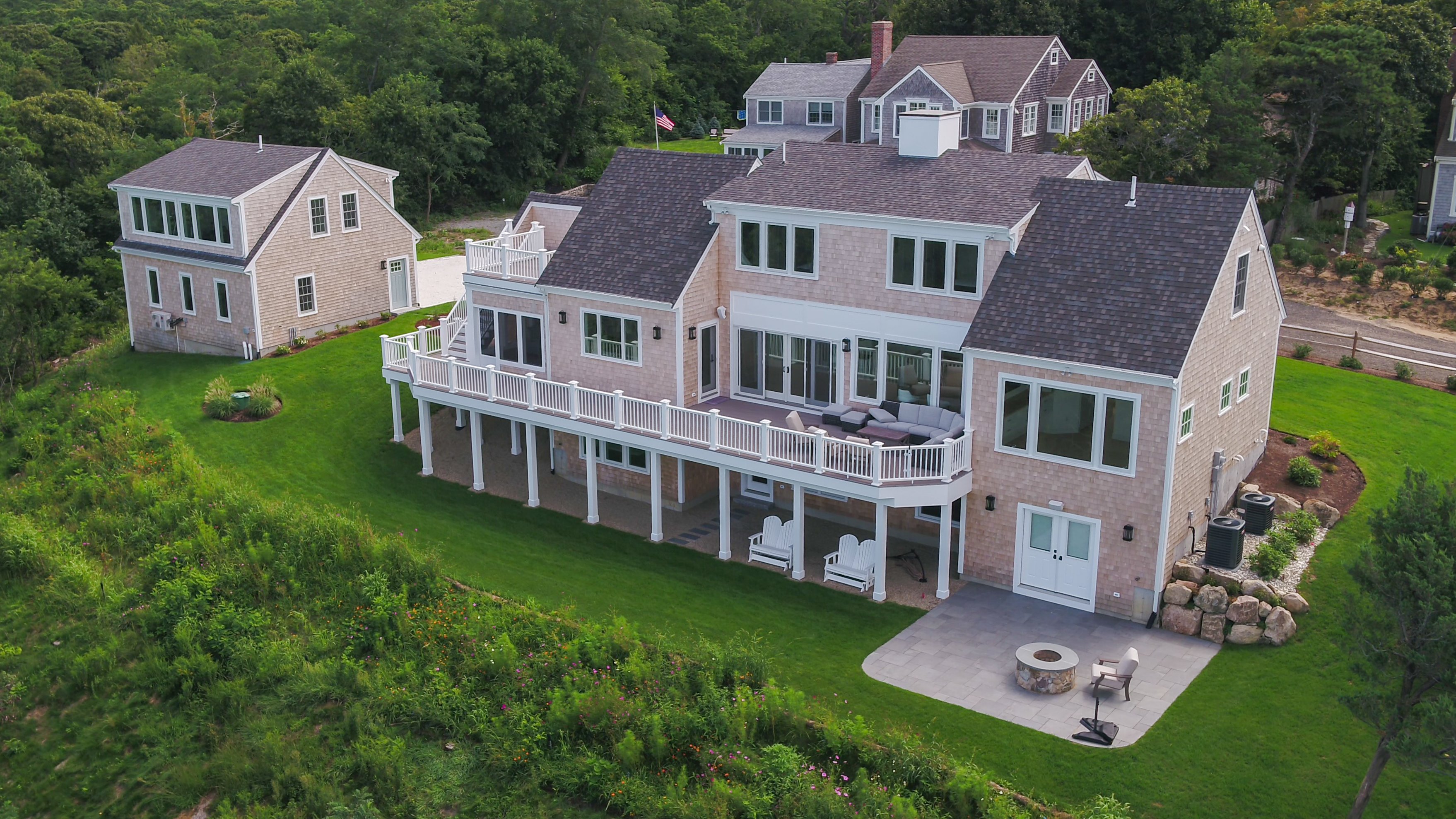
The Fed's primary goal is to promote price stability and maximum employment. To achieve these objectives, it closely monitors economic indicators and employs various tools to manage interest rates. These tools include open market operations, discount rate changes, and reserve requirements. By using these tools, the Fed can either increase or decrease interest rates to stimulate or slow down economic growth.
Factors influencing the Federal Reserve's decision to lower interest rates
The Federal Reserve considers several factors when deciding to lower interest rates. One of the key factors is the state of the economy. If the Fed believes that the economy is slowing down or facing risks, it may opt to lower interest rates to stimulate borrowing and spending. This can help boost economic activity and prevent a recession.
Another factor is inflation. The Fed closely monitors inflation rates and aims to keep it around its target of 2%. If inflation is below the target, the Fed may consider lowering interest rates to encourage borrowing and spending, which can help increase demand and raise prices.
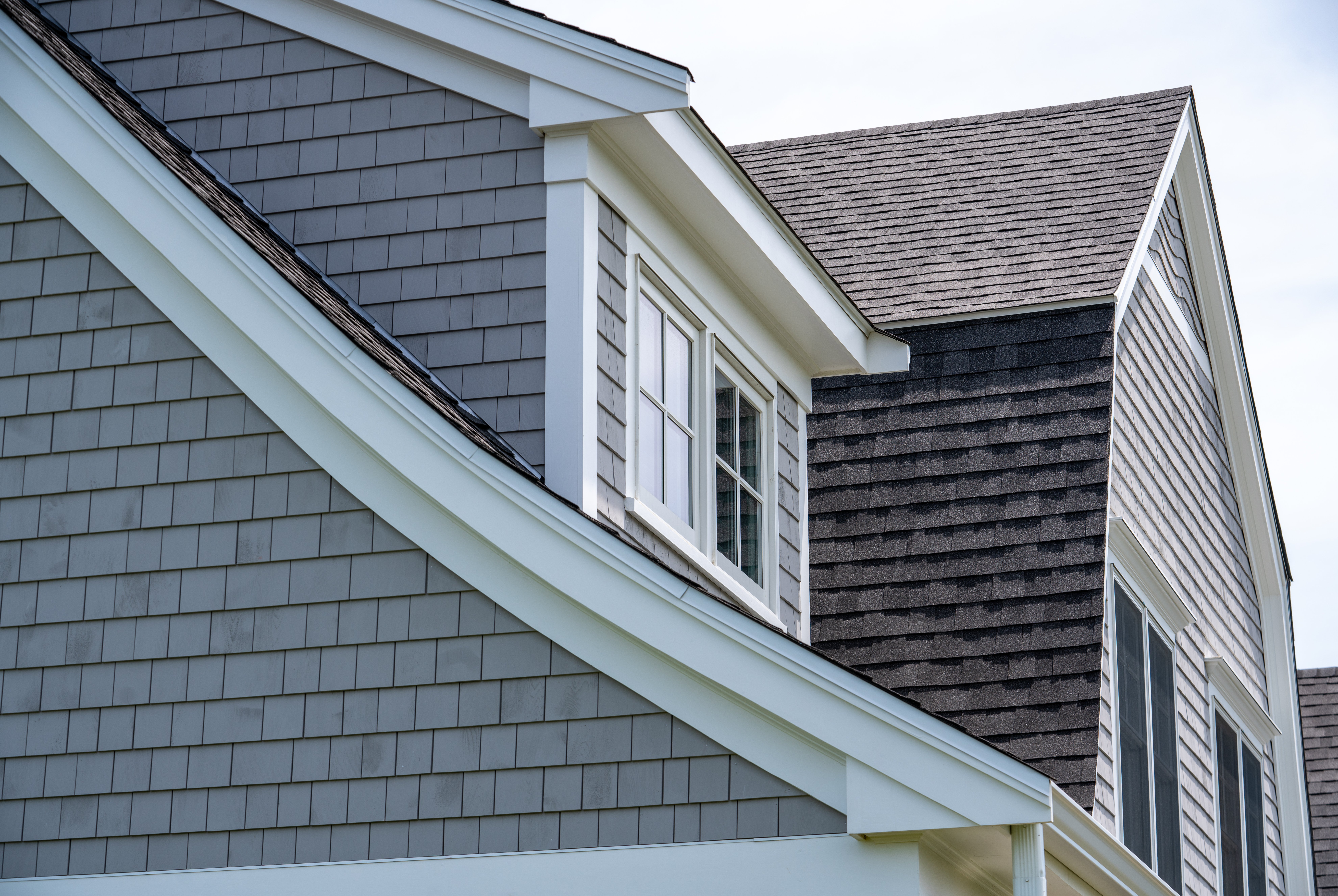
Additionally, global economic conditions and geopolitical events can also influence the Fed's decision. Factors such as trade tensions, political uncertainties, and global economic slowdowns can impact the U.S. economy and prompt the Fed to lower interest rates as a preemptive measure.
Current economic indicators and their impact on interest rate reduction
The Federal Reserve closely monitors a range of economic indicators to assess the health of the economy and determine the need for interest rate adjustments. Some of the key indicators include GDP growth, employment data, inflation rates, consumer spending, and housing market conditions.
For example, if GDP growth is slowing down, indicating a weakening economy, the Fed may consider lowering interest rates to stimulate economic activity. Similarly, if employment data shows signs of a slowdown or high unemployment rates, the Fed may use interest rate reduction as a tool to encourage job creation and boost consumer spending.
Inflation rates also play a significant role in the Fed's decision-making process. If inflation is below the target rate, it suggests that the economy is not operating at its full potential. In such cases, the Fed may lower interest rates to stimulate borrowing and spending, which can help increase demand and push inflation towards the target rate.
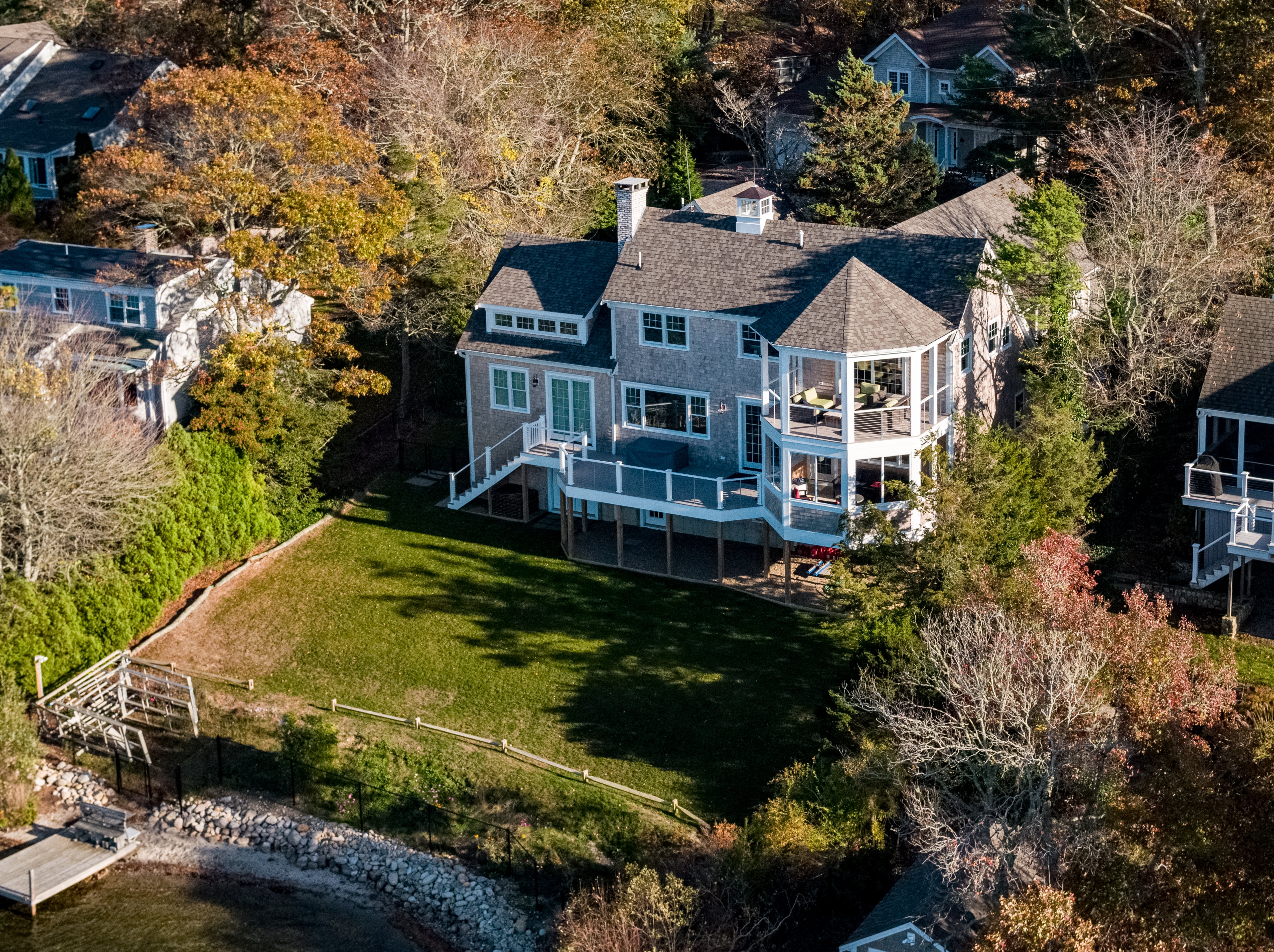
Expert opinions and predictions on the timing of interest rate reduction
Predicting the exact timing of interest rate reductions by the Federal Reserve is challenging as it depends on numerous factors and the ever-changing economic landscape. However, experts closely analyze economic data and provide their opinions and predictions on when the Fed might decide to lower interest rates.
Some experts suggest that if economic indicators continue to show signs of weakness or if there are increased risks to the economy, the Fed may consider lowering interest rates in the near future. Others believe that the Fed might wait for more substantial evidence of an economic slowdown before taking action.
It's important to note that the Fed's decisions are data-dependent and subject to change based on new information and economic developments. Therefore, it is crucial to stay updated with the latest economic indicators and expert opinions to gain insights into the potential timing of interest rate reductions.
Possible consequences and benefits of interest rate reduction
Interest rate reductions by the Federal Reserve can have both immediate and long-term consequences for the economy and various stakeholders. One of the immediate benefits is the potential decrease in borrowing costs. Lower interest rates can make it cheaper for consumers and businesses to borrow money, stimulating spending and investment.
Lower interest rates can also boost the housing market by making mortgages more affordable. This can lead to increased demand for homes and potentially higher home prices.
However, there can also be some negative consequences of interest rate reductions. Lower interest rates can result in lower yields on savings accounts and other fixed-income investments. This can impact retirees and individuals relying on interest income. Additionally, prolonged periods of low interest rates can create concerns about potential asset bubbles and excessive risk-taking in the financial markets.
Overall, the Federal Reserve carefully weighs the potential consequences and benefits of interest rate reductions before making any decisions. It aims to achieve a delicate balance that supports the economy while minimizing risks and maintaining long-term stability.
If you are planning to build or renovate your Cape Cod Home, with a highly experienced design / build team, feel free to email us at info@capecodbuilder.com. Click below to download our current Cape Cod Construction Cost Guide to get realistic per square foot costs for current projects : Cape Cod Construction Cost Guide

